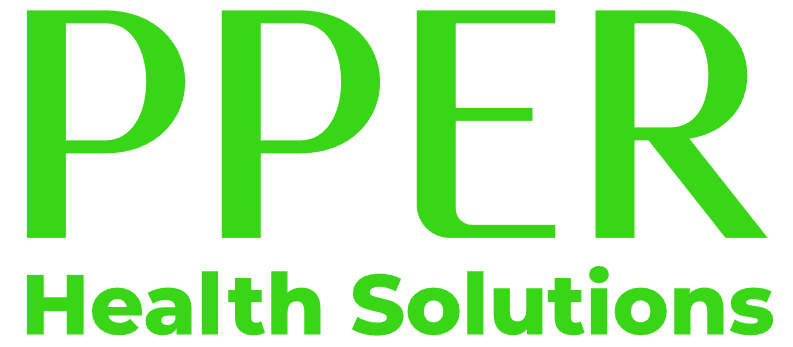In the ever-evolving world of health and wellness, maintaining a robust immune system has become a top priority for many individuals. Among the numerous factors that contribute to a healthy immune system, adequate nutrient intake plays a crucial role. One such nutrient that has gained significant attention is zinc. In this article, we will explore the profound benefits of zinc for your immune system and delve into how you can optimize your zinc intake to support overall well-being.
Understanding the Immune System and its Importance
Before we delve into the benefits of zinc, let’s briefly discuss the immune system and its significance. The immune system is a complex network of cells, tissues, and organs that work together to defend the body against harmful pathogens, such as bacteria, viruses, and fungi. A well-functioning immune system is vital for preventing infections, reducing the severity of illnesses, and promoting overall health.
Zinc and Its Role in Immune Function

Zinc is an essential mineral that the body requires for various physiological processes, including immune function. It acts as a cofactor for more than 300 enzymes involved in numerous biochemical reactions. When it comes to the immune system, zinc plays a pivotal role in supporting several key aspects, such as:
- Enhancing Immune Cell Function: Zinc is essential for the development and function of immune cells, including white blood cells, which are responsible for combating infections. It promotes the production and activity of these cells, bolstering the body’s defense mechanism.
- Reducing Inflammation: Zinc possesses anti-inflammatory properties that help modulate the immune response. It regulates the release of pro-inflammatory substances, thereby mitigating excessive inflammation that can be detrimental to overall health.
- Antioxidant Action: Zinc acts as an antioxidant, protecting immune cells from oxidative stress. By neutralizing harmful free radicals, it helps maintain the integrity and functionality of immune cells, contributing to a robust immune system.
Zinc and the Prevention of Common Illnesses
Consuming adequate amounts of zinc can significantly contribute to the prevention and management of various common illnesses. Here are a few noteworthy examples:
- Cold and Flu: Zinc supplementation has been shown to reduce the duration and severity of cold and flu symptoms. It can inhibit the replication of viruses in the respiratory tract and support immune cell activity, helping you recover faster.
- Respiratory Infections: Adequate zinc levels are associated with a lower risk of respiratory infections, such as pneumonia and bronchitis. Zinc’s immune-enhancing properties help fortify the respiratory system against invading pathogens.
- Wound Healing: Zinc is crucial for the healing of wounds, both internally and externally. It supports cell growth, collagen synthesis, and immune cell migration to the injured site, expediting the healing process.

Optimizing Your Zinc Intake

To reap the benefits of zinc for your immune system, it’s important to ensure you’re getting an adequate amount of this essential mineral. Here are some tips to optimize your zinc intake:
- Dietary Sources: Incorporate zinc-rich foods into your diet, such as oysters, red meat, poultry, legumes, nuts, seeds, and whole grains. These foods provide bioavailable forms of zinc that your body can easily absorb.
- Supplementation: If you struggle to meet your zinc requirements through diet alone, consider zinc supplements. However, it’s essential to consult with a healthcare professional to determine the appropriate dosage for your individual needs.
- Balance and Absorption: While zinc is beneficial, it’s important to maintain a balance. Excessive zinc intake can interfere with the absorption of other essential minerals, such as copper and iron. Aim for a balanced approach
